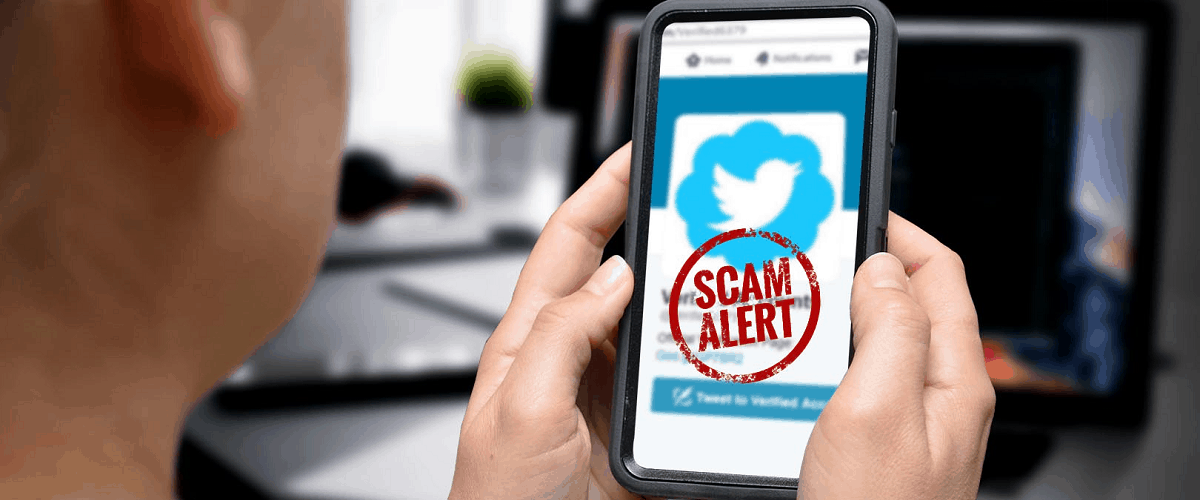The nation has been through a fair bit these last few months. But it’s not all over just yet. Things like the COVID-19 are still affecting everyday life. And some people are looking to take advantage of that. Here are some common scams that are popping up amidst the ongoing pandemic.
Sketchy Websites
According to a report by Check Point Software Technologies, over 16,000 websites have been registered relating to COVID since January 2020, with 93 being malicious and 2,200 being suspicious. They also remarked that any COVID related site is 50% more likely to be dangerous than any other site registered at the same time period.
What makes these sites dangerous will vary. Some collect information, some try to install viruses. Either way, Only visit trusted sites regarding COVID-19 information.
False Medicines
This is an important one right now, since the pandemic is medical by nature. There are people, both in person and online, trying to sell products and medical supplies supposed to help fight against the virus. This can range from fake N95 masks to pyramid scheme essential oil salesmen claiming that they have an all natural immune booster to protect you.
The FDA has not approved of any drug or product to treat COVID-19 for public production, not at this time, at least. Anyone selling products claiming they can are possibly a lie and a scam. The only exception is wearing a mask thick enough to prevent droplet spread, which a regular cotton face mask can provide. You don’t need to buy one of these from a sketchy source, either. You could even make them yourself.
Work From Home Scams
With many people unemployed or stuck at home, a new wave of scammers have emerged, promoting a stay at home job. Usually, these are unsolicited emails or phone calls, but they can also appear as job listings on sites like Cragislist. They offer a too-good-to-be-true job that you can do at home. They often pay unusually well, but not amazingly well. The catch is that they will ask for one of two things: a registration fee or your personal information.
The registration fee is more common. What is 50 bucks once if you’re making 1,000 a week? Well, as soon as you pay it, they disappear and you never get the job (since it never existed). The other is more insidious. They will collect your information, including your social security number. They will then use this info to commit credit and loan fraud, signing up for loans and credit cards in your name.
Fake Charities
Bad people will often impersonate good causes to gather money. In this case, we’re talking about people making or posing as a charity centered around current events and collecting money. Any money donated goes right to their pockets, instead of toward the cause they claim to be supporting, however. A simple trick, but effective if done correctly.
Before you donate to a cause, do some research. Make sure they are a legitimate charity and one that you trust to use your money wisely. Even real charities have a pretty wretched history, if you look for it (look at the Susan B Komen Foundation, for example).
If you encounter a scammer trying to use COVID-19 to their advantage, you can report them to the National Center for Disaster Fraud hotline at 1-866-720-5721.

